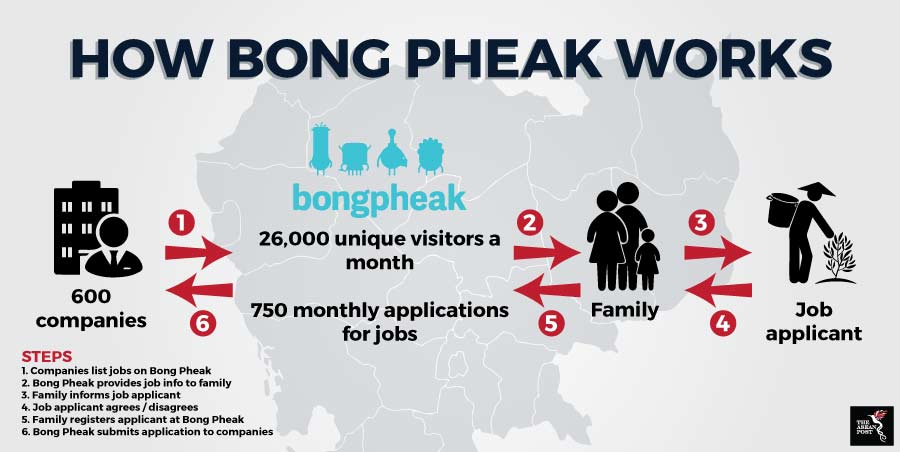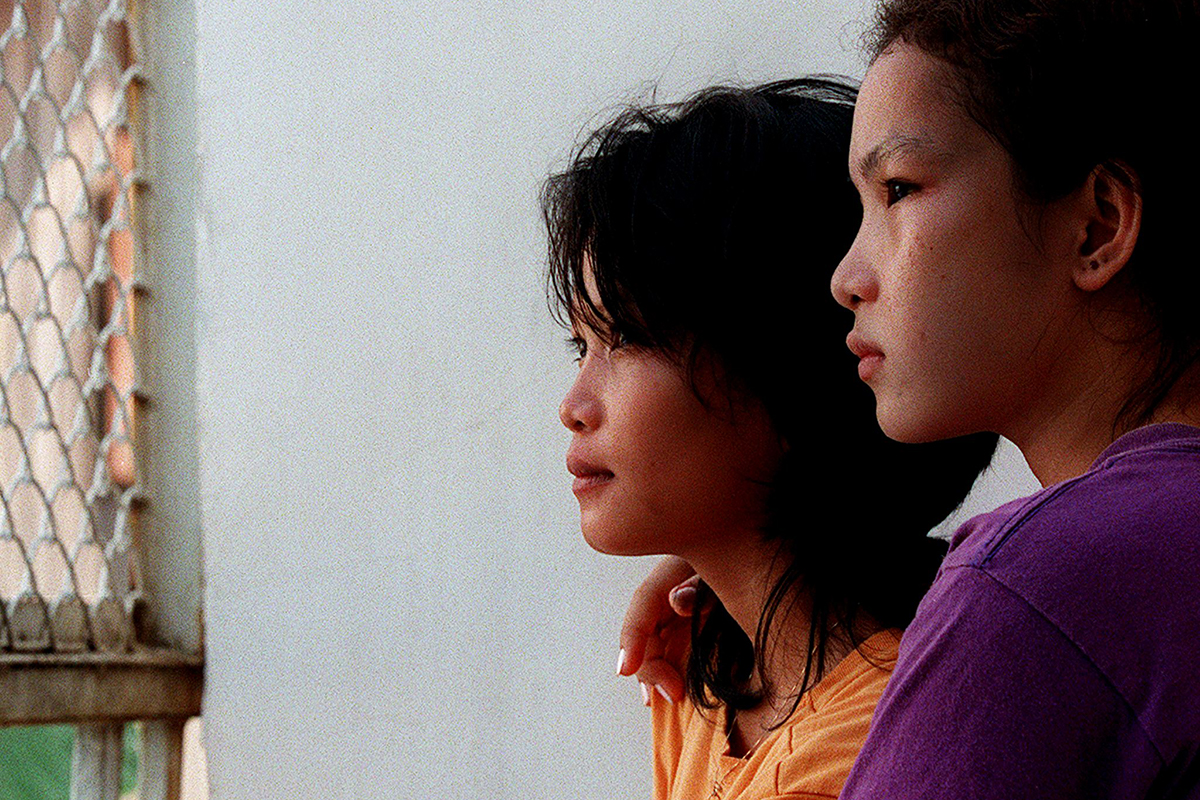The Association of Southeast Asian Nations (ASEAN) has been trying to tackle the scourge of human trafficking for a while now. Unfortunately, as 2018 dawned, none of the ASEAN member states made it onto the United States (US) Department of State’s Tier 1 list for human trafficking. An earlier 2015 report by the International Organisation for Migration (IOM) even revealed that of the 7,000 human trafficking victims it managed to save from 115 countries around the world in that year, 25 percent of the victims originated from ASEAN countries.
Could technology provide us with the solution in the fight against human trafficking in the region?
In October 2016, Phnom Penh based non-profit organisation Open Institute along with US-based non-profit Winrock International created an employment website with funding from the United States Agency for International Development (USAID) to counter human trafficking.
The Bong Pheak website seeks to address the main reasons human trafficking takes place: the allure of job opportunities and higher wages in foreign countries.
According to the United Nations Office on Drugs and Crime (UNODC) as of 2017, it is estimated that there are four million migrants living in Thailand, 90 percent of whom come from Cambodia, Lao PDR and Myanmar. The UNODC reported that many of these migrants entered the country illegally.
In order for Bong Pheak to find employment for low-skilled and unskilled workers it would inevitably have to overcome two problems: the first is that low-skilled and unskilled workers in Cambodia rarely have access to the internet, and secondly, they are difficult to locate. In addressing these challenges, the creators of Bong Pheak designed a system where workers’ relatives or families receive the job description which is then passed on to the workers themselves via phone calls, thus allowing them to apply for the job.
As of August, the website receives more than 26,000 unique visitors a month which has led to over 750 monthly applications for jobs. Almost 600 private sector companies or associations are listed on the site currently.

Source: Various sources
Spill-over effect
Bong Pheak is great news for Cambodia but the opportunities don’t just end at the Kingdom’s borders. The website could potentially have a spill-over effect into other neighbouring ASEAN countries as well.
Bong Pheak’s real potential lies in helping reduce the number of Cambodians who fall victim to human trafficking in neighbouring countries. Apart from Thailand, Malaysia is another country of destination for victims of human trafficking based on numerous local reports.
In January, a 45-year-old woman was arrested in Battambang, Cambodia for allegedly trafficking five women to Malaysia after one of the victim’s fathers complained to the provincial police. An earlier report in September 2017 involved a 26-year-old Cambodian woman who had been accused of trafficking 24 Cambodian women to work as maids in Malaysia.
Cambodia’s Bong Pheak may end up becoming a game changer as far as the war against human trafficking goes in the region, but Cambodia isn’t the only ASEAN member state looking to use technology to combat human trafficking.
Thailand’s Apprise
The Mekong Club, an association of private companies, is currently developing a mobile-app called Apprise in partnership with the United Nations University. The project receives funding from Humanity United and the Freedom Fund. The free app is currently being piloted in Thailand.
Apprise is set to become a cost-efficient platform where alleged victims of human trafficking can be interviewed. It seeks to avoid the often biased or unsafe methods by which many groups conduct interviews with victims.
It has been designed with lists of targeted questions that address forced labour in the fishing industry, the manufacturing sector, sex trafficking and forced begging. There is also an emergency list of eight questions which provides a quicker way to pre-screen a potential victim without focusing on any one particular area.
As Southeast Asia embraces the Fourth Industrial Revolution, it is only natural that technology be utilised in a variety of ways not excluding in the fight against human trafficking. Hopes are high that other ASEAN member states will play their part in eradicating the plague of human trafficking in the region; making it a thing of the past.
Related articles:
ASEAN: Epicentre of human trafficking
